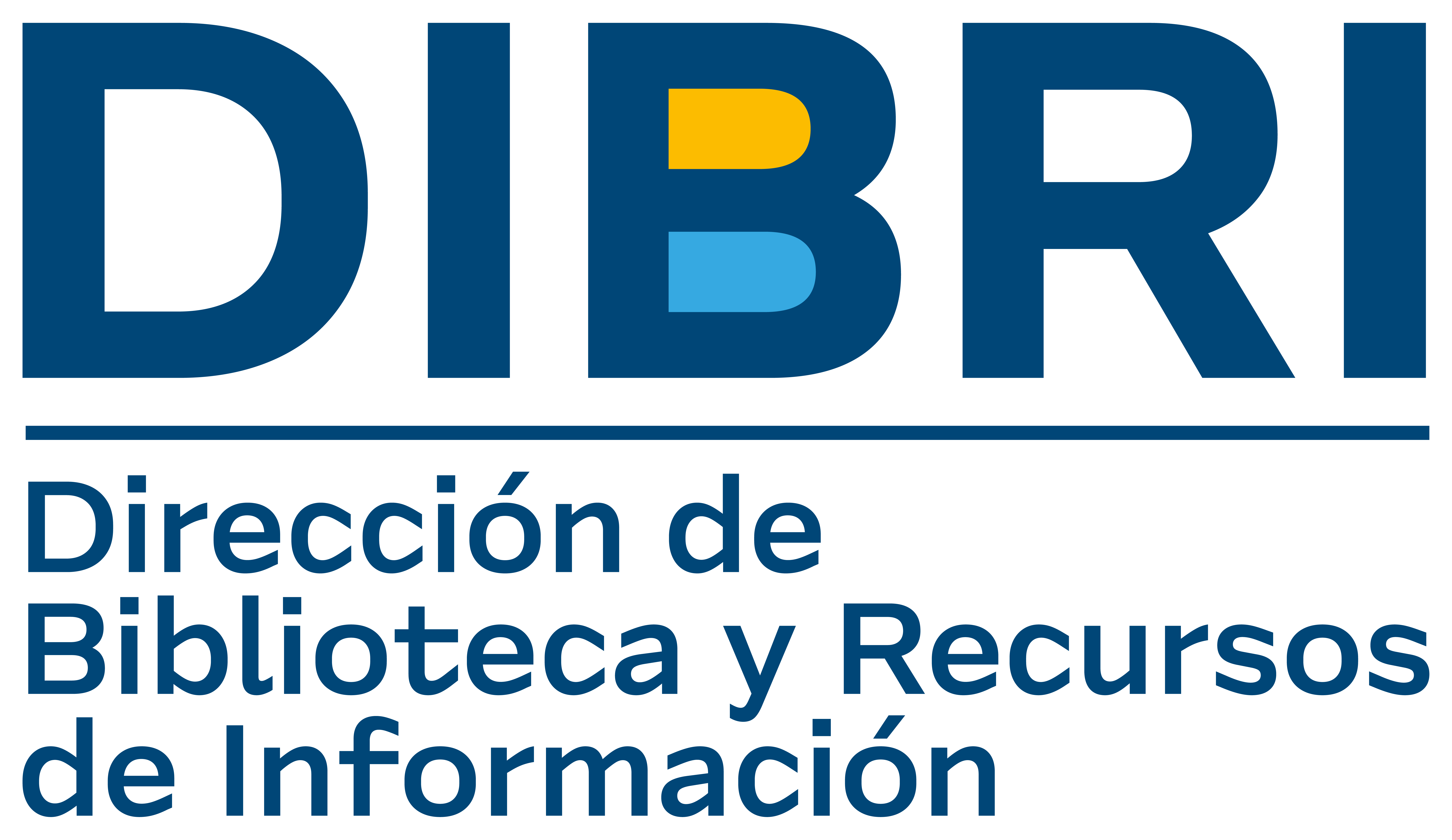Assessing the impact of students´ learning preferences, content adaptation and the use of games and ice breakers in the english classroom
Resumen
The following research was developed based on the idea that any Chilean high school students attending EFL classes, where the content has been adapted to their learning preferences, can improve their use of the target language through games, (and other such fun, dynamic activities) in the classroom and along with their grades. The use of these delivers a meaningful learning experience for secondary students, who belonged to two different scenarios: the first one a public school located in Santiago’s town, while the second one a Private school located in Macul’s district both of them belonged to a eleventh grade of education. The tools used to develop this research took from Flashcards for English lessons; surveys; the usage of games and playful activities to enhance the use of language, to finally the implementation of assessing materials such as Likert scale and student’s journal entries. The research was carried out in two schools; both of them lead its results in positive numbers, by which thanks to the active motivation from students, constant participation and collaboration in different tasks and the good disposition and engagement in the activities process. Keywords: learning through games, improve the use of language, interaction and collaboration.



